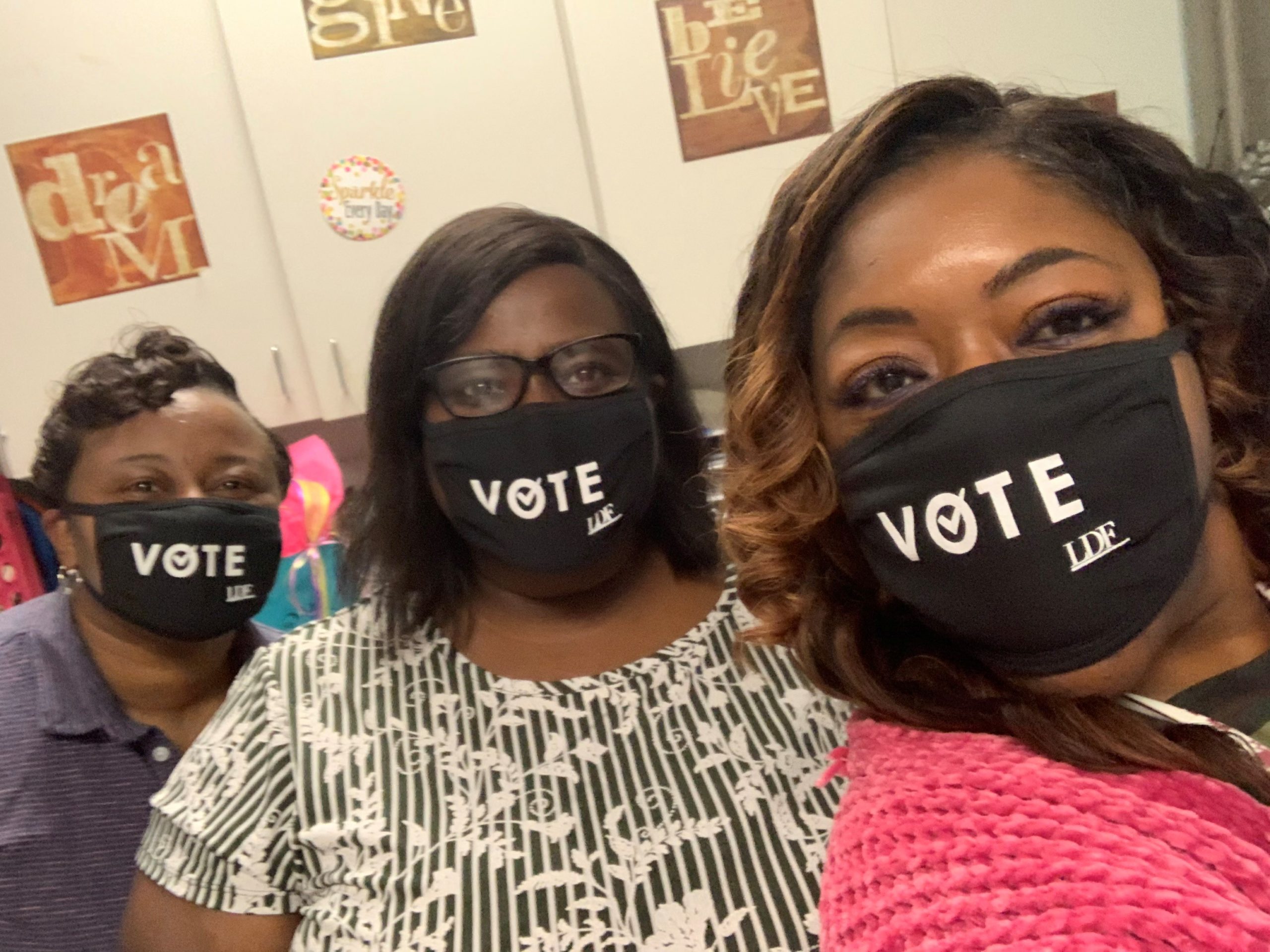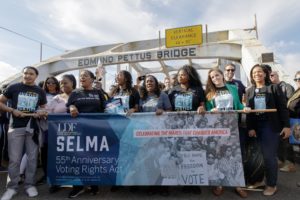Since 1940, the NAACP Legal Defense and Education Fund, Inc. (LDF) has been at the forefront of this country’s long journey toward racial equality. Its early legal wins laid the foundation for some of the civil rights that many citizens of United States don’t think twice about today, including the desegregation of schools, public buildings, parks and recreation facilities, hospitals, and restaurants.
LDF was founded when Jim Crow and other state-sponsored racially biased and unequal laws were commonplace across the country. Its mission then and today remains transformative: to achieve racial justice, equality, and an inclusive society.
With emphasis on four connected areas—political participation, criminal justice, economic justice, and education equity—LDF seeks to:
- Achieve full African American civic engagement and participation in the democratic process.
- Diminish the role of race in the criminal justice system.
- Increase fairness and African American participation in all aspects of economic life.
- Afford greater access to racially integrated, high quality public education for students of color and eliminate racial disparities in education.
Litigation, advocacy, and public education at the national, state, and local level are the primary methods LDF employs for tackling racism, inequality, and division in our institutions and systems. LDF’s primary goal is serve African Americans of all ages and backgrounds, however, by focusing on defending and expanding the rights of the most marginalized, all Americans benefit from LDF’s work.
Did you know?
- Thurgood Marshall, who eventually became the first African American U.S. Supreme Court Justice, founded LDF in 1940.
- LDF has been a separate entity from the National Association for the Advancement of Colored People since 1957.
- LDF offers competitive scholarship, fellowship, and internship programs that help students attend and graduate from many of the nation’s best colleges, universities, and law schools.
- LDF’s Thurgood Marshall Institute (TMI), a multidisciplinary research communication and policy hub, houses LDF’s archives which document the legal arm of the Civil Rights Movement.



